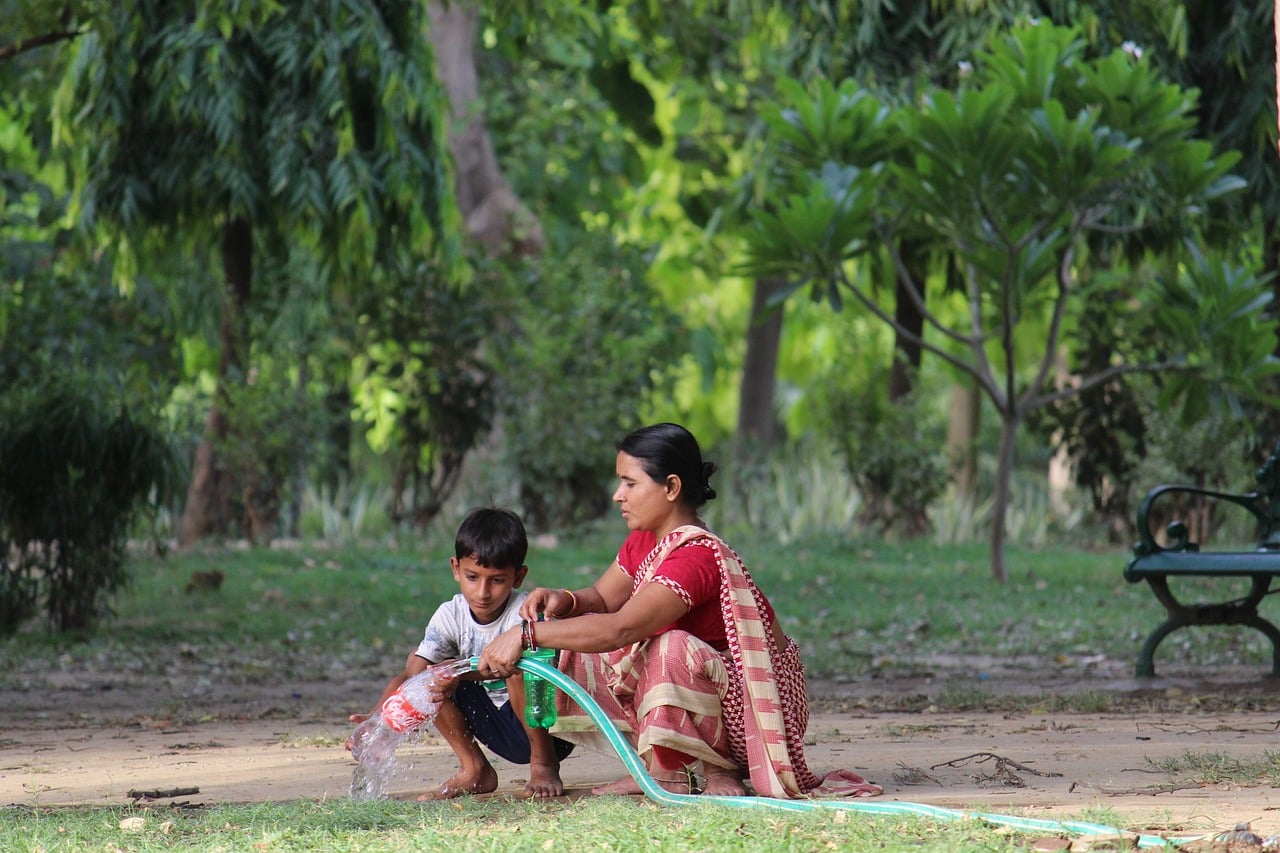Tips for saving water at home

In an era where environmental sustainability has become one of the most pressing issues, it’s crucial that we play our part in conserving resources. One of the most critical resources we need to focus on is water. The average household in the United States uses around 300 gallons of water per day. However, with a few easy changes to our daily habits, we can significantly reduce this number. This article will explore various tips for saving water at home.
Understanding the Importance of Water Conservation
Before we delve into the tips, let’s take a moment to understand why water conservation is important. Despite the Earth’s surface being covered by 71% of water, only a small fraction (about 0.007%) of this water is available for human use. This scarcity combined with the increasing population and climate change makes water conservation a necessity.
Avez-vous vu cela : Tips for an allergen-free home
Water conservation not only preserves this essential resource for future generations but also prevents the devastation caused by water shortages. As households, we can contribute towards this cause in many simple ways. Moreover, by using water more efficiently, we can reduce our water bills, prevent water pollution and extend the life of our septic systems.
Repairing Leaks
One of the easiest ways to conserve water at home is by promptly repairing leaks. A small leak may not seem like much, but over time, it can result in a significant amount of water wastage. According to the Environmental Protection Agency (EPA), a single household can waste nearly 10,000 gallons of water every year due to leaks.
En parallèle : Growing herbs indoors
Regularly checking for leaks in your toilet, faucet, and pipes can help you identify and fix any problems early on. If you notice a sudden increase in your water bill or hear the sound of running water when all taps are turned off, there might be a leak in your home.
Efficient Use of Appliances
Appliances like washing machines and dishwashers consume a significant portion of water in households. However, using these appliances efficiently can help you save a large amount of water.
When using a washing machine, try to wait until you have a full load before starting a cycle. This ensures the most efficient use of water. For dishwashers, avoid pre-rinsing dishes before loading them in the machine. Most modern dishwashers are designed to remove food residue without the need for pre-rinsing.
Ensure that your appliances are water-efficient. When buying new appliances, look for those with an ‘Energy Star’ or ‘WaterSense’ label. These appliances use less water and energy than their counterparts.
Water-Saving Habits in the Bathroom
Another area where you can conserve a significant amount of water is the bathroom. The bathroom accounts for about 75% of indoor water use. By adopting a few simple habits, you can reduce this number drastically.
Consider installing a low-flow showerhead. These showerheads use less water per minute than traditional showerheads, without compromising on the quality of your shower. Similarly, installing a dual-flush toilet can help you save water. These toilets have two flush options: a half flush for liquid waste and a full flush for solid waste.
When brushing your teeth or shaving, turn off the tap. A running tap can waste up to 4 gallons of water per minute.
Outdoor Water Conservation
While most water use occurs indoors, a significant amount of water is also used outdoors, particularly for gardening and washing cars. However, by following a few tips, you can conserve water in these activities.
When watering your garden, do it early in the morning or late in the evening to minimize evaporation. Consider using a drip irrigation system, which delivers water directly to the roots of the plants, reducing wastage.
If you wash your car at home, use a bucket and sponge instead of a hose. A running hose can use up to 6 gallons of water per minute.
Educating and Involving Family Members
The last but equally important step in water conservation is educating your family members. Make sure everyone in the house is aware of the importance of saving water and how to do it. Involving children from an early age can help instill these habits and create a generation more conscious about water conservation.
Remember, every drop counts. Even the smallest changes in our daily habits can make a huge difference in conserving water. It’s not just about saving money on your water bills. It’s about preserving this essential resource for our future generations. Let’s do our part in protecting our environment and making the world a better place.
Sustainable Lawn and Garden Management
Another way to save water at home is to adopt sustainable practices for lawn and garden management. Lawns and gardens use a tremendous amount of water, especially in the summer months. However, smart gardening practices can go a long way in conserving water.
One of the most effective ways of reducing water usage is by using native plants in your garden. Native plants are adapted to the local climate and soil conditions, and thus require less water than non-native species. Mulching is another important practice that can reduce the need for watering. It helps to retain moisture in the soil, and it also suppresses weeds.
Choose a water-efficient irrigation method. Drip irrigation is more efficient than sprinkler systems as it delivers water slowly and directly to the plant’s roots. This minimizes evaporation and runoff. Also, water your plants during the cooler parts of the day (early morning or late evening) to lessen evaporation.
Remember to adjust your watering based on the season and weather. Overwatering is not just wasteful, but it can also harm your plants. Install a rain sensor on your irrigation system to automatically reduce watering when it rains.
Conclusion: The Power of Collective Action
Every effort to save water counts. As individuals, we may think our efforts are just a drop in the ocean. But remember, the ocean is made up of drops. When we all do our part to conserve water, the collective impact is significant.
Conserving water at home is not just about using less. It’s about using water wisely and efficiently. It’s about understanding that water is a precious resource that needs to be protected. It’s about making conscious choices every day that preserve this resource for future generations.
In adopting these water-saving habits, we’re not only preserving the environment but also fostering a culture of conservation in our homes. Such actions ripple out to our communities, molding a society that respects and values our natural resources.
Whether it’s fixing a leak, using efficient appliances, changing our bathroom habits, managing our lawns and gardens sustainably, or educating our family members about water conservation, we all have a part to play.
So let’s step up and do our part in conserving water. After all, the future of our planet and the generations to come depends on the choices we make today. It’s time to make water conservation a way of life. Remember, every drop counts.
